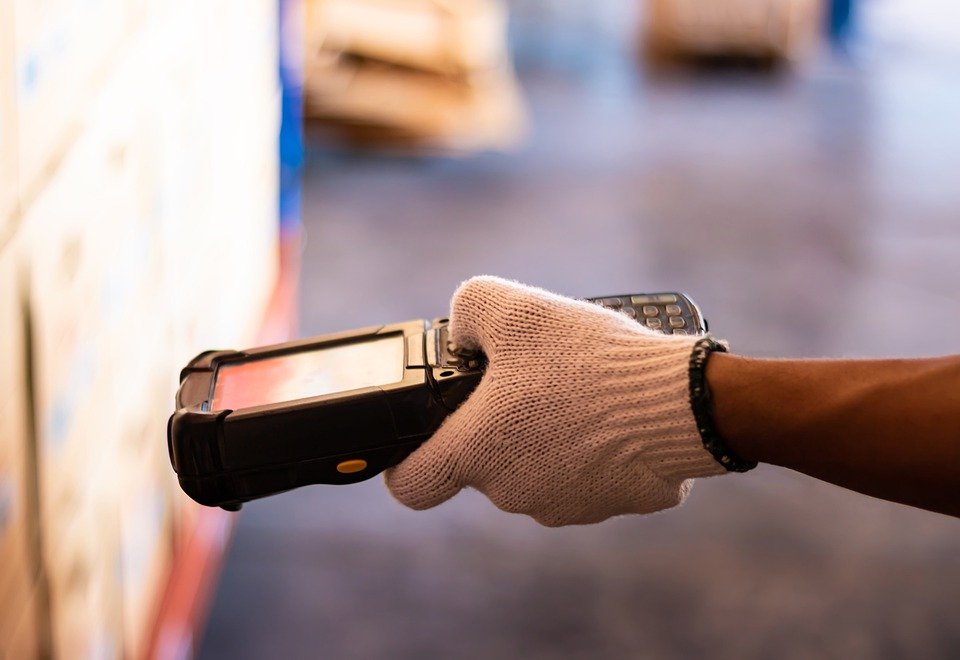Barcode Reader and Barcode Scanner Information

If you have ever tried to work with large quantities of data, such as inventory or sales information, then you probably already know how important it is to have a barcode reader. The type of c# barcode reader that you need depends on the amount of data that you need to process, but most barcode readers will be able to process either numeric or alphanumeric data. Most are also capable of directly storing the information that is processed so that the information is easily retrieved when it is needed.
Most people think that barcodes are used only for inventory and sales, but they can be used in a variety of different ways. In the past, barcodes were used primarily to control goods and products, but they have developed over the years to also be used for data collection. For instance, in grocery stores and warehouses, barcodes are used to identify each individual product so that the entire store can be organized according to its specific shelf space.
A barcode scanner is an optical scanner which is capable of reading various printed barcodes, decoded the information contained within the barcode, and send the information to a central computer. Much like a standard flat bed scanner, it usually consists of a laser optical engine, a high-powered lens and a stationary light sensor that translate the light signals for electrical impulses to be translated into physical data. A barcode scanner can work in conjunction with a barcode reader, but it can also perform its own job, independently. This can allow the use of the scanner and the reader in situations where only one is needed. Visit this link to learn about barcode reader and barcode scanner information.
Barcode library systems are a convenient way to handle large amounts of information that needs to be scanned and organized. With the information being stored in a database, barcode readers are capable of scanning a significant amount of information in a much shorter period of time. These systems are usually available on a subscription basis, where users can have unlimited access to their system. Users can purchase a barcode scanner directly from the manufacturer or buy their products through third-party vendors.
In some cases a business may need both a barcode reader and a barcode scanner. For example, many warehouses require the use of both machines in order to perform their stock keeping and inventory needs. Likewise, hospitals and businesses requiring secure storage of medical records may want to purchase both a barcode scanner and a qr code scanner. A qr code scanner can provide a higher level of security for sensitive patient information, while a barcode scanner will allow a business to take on more tasks that would otherwise be too time consuming or difficult to manage. Some businesses and health organizations are now combining both technologies into a single integrated barcode library system.
Since there are numerous manufacturers of barcode scanners and code scanners on the market today, it is important that you research each one to make sure that your organization needs the best machine for its needs. You should consider price, reliability, and energy efficiency when making your decision. It is also important that you consider any special requirements that will need to be met by your chosen scanner. For example, if you expect your employees to access information from a variety of computer applications, you will want to choose a scanner with keyboard wedge functionality. Check out this related post to get more enlightened on the topic: https://en.wikipedia.org/wiki/Barcode_Scanner_(application).
